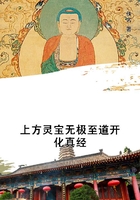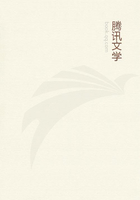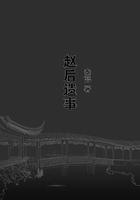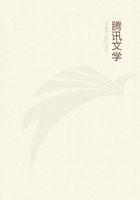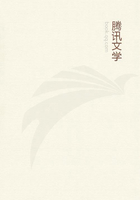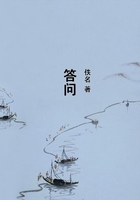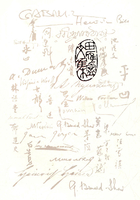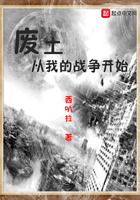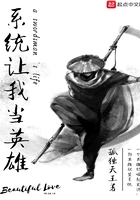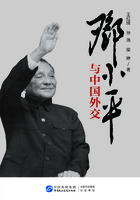The superior clergy, faithful to their old habits, assured the Czar that they were quite unable to advise him on the question; it was not, they said, their custom to do So, for it was the Business of the Czar and his Douma; their sole duty was to invoke God's blessing on the Czar's undertakings. Should the Czar, however, want military aid, they declared themselves ready to make the necessary sacrifices in order to pay the soldiers, and that according to their means. The majority of the Moscovite nobility expressed themselves in favour of annexation. The Czar ought to hold the newly acquired fortress, but he should merely order the Cossacks to continue their occupation of it. Volunteers alone ought to be necessary to give help and assistance. Some advised that soldiers should Be sent to Asov, not only from the cities of the Ukraine, but even from Moscow. All sorts of men, with the exception of serfs and such as had lost their liberty through not having paid their debts, ought to be selected for that purpose. If money were wanted, each Estate ought to nominate two or three persons whom the Czar might authorise to levy subsidies from all persons and goods, from officers (prikasnii)and the Czar's suite, from widows and orphans, from "hosts" and merchants, and from each and every person not engaged in military service.
Some of the nobility, amongst others those of Vladimir, simply promised to obey the Czar's orders, pointing at the same time to the miserable state of their cities and country, which they said was wellknown to the Czar and to the boyars of his Douma. Much more peremptory was the advice given by the local nobility of certain larger cities, such as Sousdal, Juriev (the modern Dorpat), Novgorod, and Rostov. They were of opinion that the surrender of Asov would bring down the wrath of God: "The Czar cannot leave in the hands of the infidels," said they, "the holy images of John the Baptist and of St. Nicholas." If the army wanted victuals they might be taken out of the magazines belonging to the cities of the Ukraine. Military aid could be given from Moscow and the expenses for the victualling of the army ought to be laid upon the whole land, without exception.
Complaining of the great quantity of land given in benefices to the boyars and of the large amount of money got by bribes and extortions by the officers of the State (prikasnii), who afterwards invested it in vast buildings and palaces, the burgesses insisted on the necessity of laying part of the burden of the future war on the shoulders of that class, and of obliging them to arm the soldiers; they maintained, moreover, that their fortunes should be taxed like those of all other classes of the State. The same measures ought also to be taken with the clergy, the bishops and abbots being equally called on to equip warriors, according to the number of serfs they possessed. The Czar ought to issue an ukase, stating the number of serfs a soldier ought to possess, or rather the proportion existing between the number of his serfs and the service required of him. This proportion should be strictly maintained in future, and those who had not serfs enough ought to receive new gifts of serfs from the government.
Money for purposes of war, they also insisted, might be taken out of the treasuries of the Patriarch and the monasteries.
The lower nobility, or what is the same thing, the men-of-war of the cities of Toula, Kolomna, Serpouchov, Riazan, Kalouga, etc., were even more precise in their demands that the proportion of military service should tally with the number of serfs which each man-of-war or knight possessed. Those who had over fifty serfs ought to serve without pay, and also contribute to the expenses of the war by supplying food to the army, whist those who had not more than fifty ought to be free from the latter obligation.
If we turn our attention to the "written opinions" given in by the members of the third estate, we find them complaining of the miserable state into which they had recently fallen, partly because all the commerce of Moscow was in the hands of foreigners, and partly because of the oppression of the voivodes, or Governors of provinces, who had superseded the freely elected heads of districts (the goubnii starosti of the sixteenth century). The delegates of the hosts and merchants of Moscow nevertheless insist on the necessity of holding Asov, pointing out at the same time that they receive no lands from the Crown, and have more trouble than profit in the levying of taxes and excise duties, and generally suggesting to the Czar the impossibility of increasing their payments.
The "memorial" of the hundredmen and headmen of the black hundreds and townships, under which name must be understood the representatives of the rural population, contains more or less the same complaints and similar desires. The people are exhausted by taxes, forced labour, military service, etc.; they have also suffered much from fire; the voivodes have ruined them by their exactions; so miserable is their condition that many of them have run away, leaving their houses and lands. The conclusion of this very interesting document has unfortunately not come down to us.
Our general impression on reading the memorials or petitions of this Sobor is that, although all Estates were unanimous in their patriotic desire to keep their hold on the newly conquered fortress, they still felt themselves scarcely in a position to bear the expense of a new war with the Turks; and sharing in these apprehensions the Czar did not dare to incur the responsibility, and sent orders to the Cossacks to withdraw from Asov.
The Sobor of 1642 was the last general Assembly convened by the first of the Romanovs.

